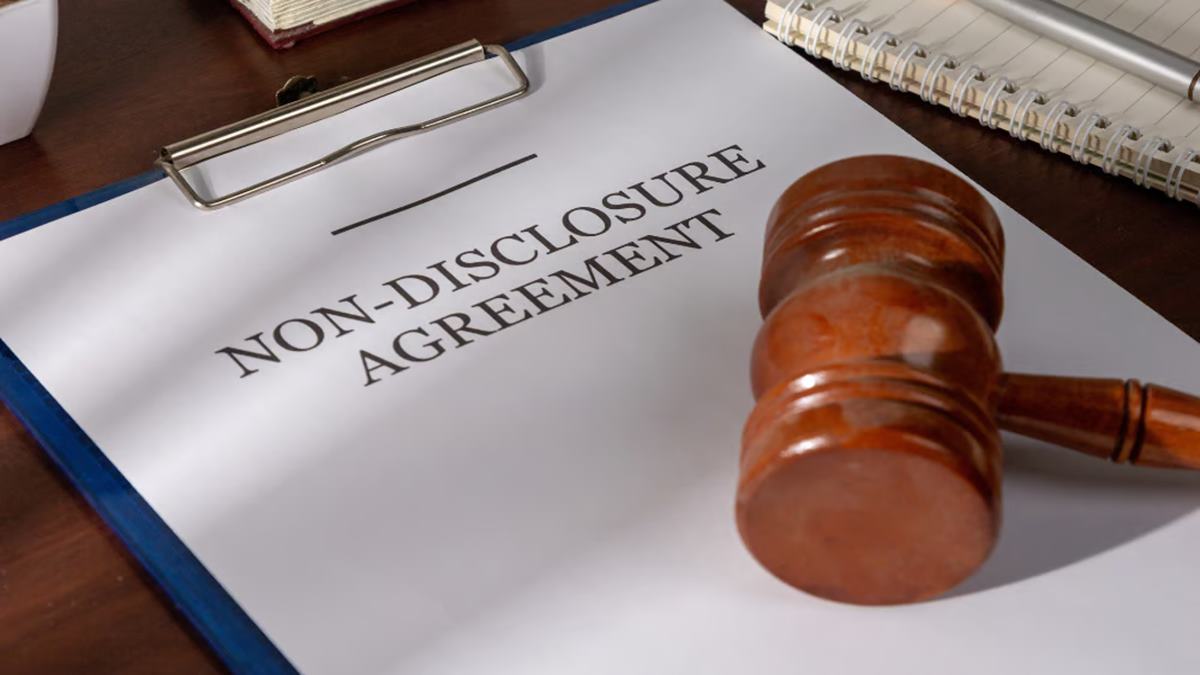The Victorian Government will introduce a new bill to parliament aimed at restricting the use of non-disclosure agreements (NDAs) in workplace sexual harassment cases.
The Restricting Non-disclosure Agreements (Sexual Harassment at Work) Bill 2025 seeks to stop the practice of using NDAs to conceal and silence victims of sexual harassment in workplaces.
Under the bill, NDAs will be prohibited unless requested by a complainant, and employers will be barred from pressuring or influencing an employee to sign an NDA.
The bill also includes:
- Mandatory requirements for information statements and a review period before a worker signs an NDA
- Allowing a worker who has entered an NDA to talk to certain people and bodies such as Victoria Police, and medical and legal professionals
- Allowing a worker to end an NDA after 12 months of notice to the other party
Victorian Premier Jacinta Allan said the legislation will ensure that victims of workplace sexual harassment will have a voice.
“How can we have a hope of stopping sexual harassment in the workplace when the conduct gets hidden, the victim gets silenced and the powerful stay protected?” Allan said in a statement.
NDA use in sexual harassment cases
Restricting NDAs is a recommendation from Victoria’s Ministerial Taskforce on Workplace Sexual Harassment in 2022. It was also recommended by the Australian Human Rights Commission (AHRC) in its report in June.
An NDA is an agreement between two or more parties that prohibits the participants from disclosing information to others.
These binding contracts are widely used in settlement processes involving workplace sexual harassment claims, according to the AHRC, which heard that the agreements are more likely to protect organisations and harassers rather than the victims.
“Strict NDAs continue to be overused in the resolution of sexual harassment matters,” the AHRC report read.
“Although NDAs mostly require all parties (employer, victim-survivor, and the perpetrator) to maintain confidentiality, the agreement is almost always requested by the perpetrator or employer as a form of protection, not by the person who has been harassed.”
Sex Discrimination Commissioner Dr Anna Cody said at the time being prepared to talk about workplace sexual harassment is part of employers’ positive duty to eliminate it.
“We think it’s part of that responsibility of employers, and as a part of their positive duty to eliminate … workplace sexual harassment that they be prepared to talk about it and the measures that they’ve taken to ensure that it doesn’t occur in their organisation,” she previously told HRD.




















